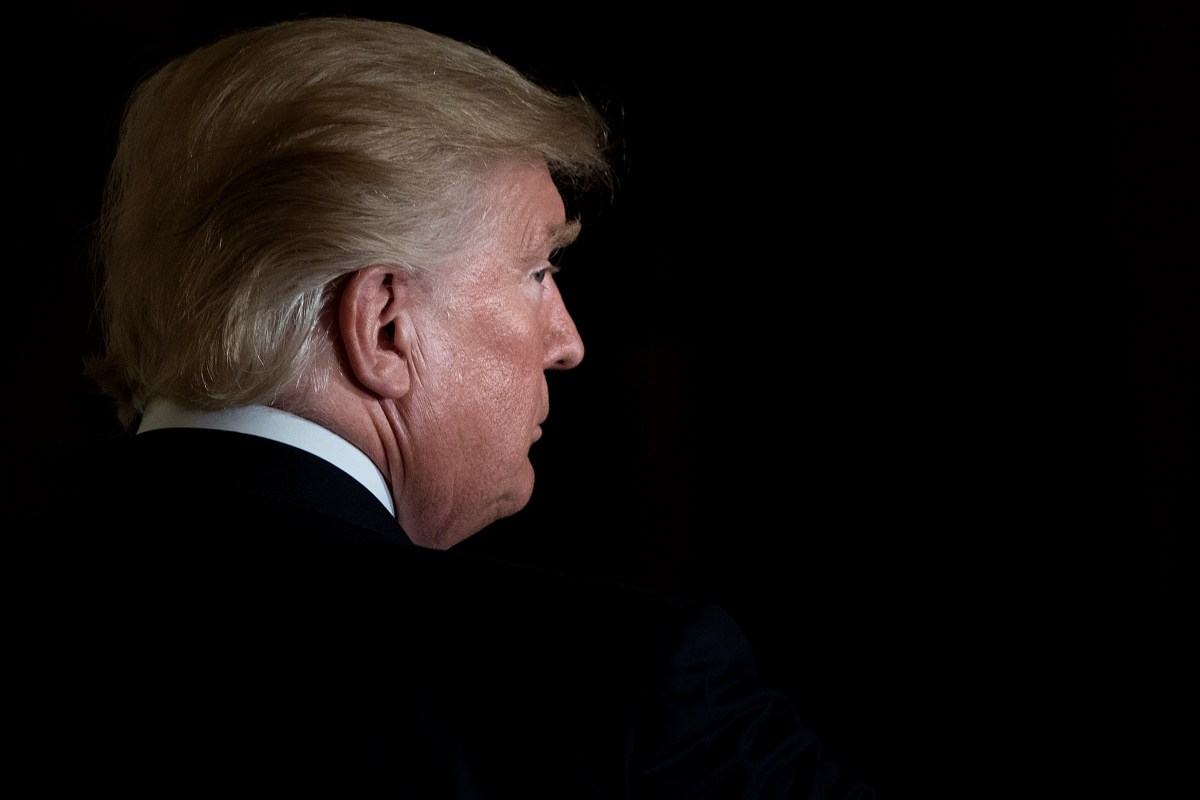Trump Calls for Creation of a 'Crypto Strategic Reserve'

- Trump proposes the creation of a 'Crypto Strategic Reserve'
- The reserve would include XRP, Solana, Cardano, Bitcoin, and Ethereum
- The proposal aims to elevate the crypto industry and make the US the 'Crypto Capital of the World'
- The reserve would be established through an executive order
- The proposal has the potential to promote the growth and development of the crypto industry
Introduction
President Donald Trump has recently announced his support for the creation of a federal reserve of cryptocurrency assets. This move is seen as an effort to elevate the crypto industry and make the US the 'Crypto Capital of the World'. In this article, we will delve into the details of Trump's proposal and its potential implications.
The Proposal
Trump's proposal involves the creation of a 'Crypto Strategic Reserve' that would include a variety of cryptocurrencies, such as XRP, Solana, Cardano, Bitcoin, and Ethereum. The reserve would be established through an executive order, which would direct a working group to study and make recommendations around crypto policy.
Background
The idea of a crypto reserve is not new, and it has been discussed in various circles for some time. However, Trump's endorsement of the concept has brought it into the spotlight. The proposal is seen as a way to promote the growth and development of the crypto industry, which has been facing regulatory challenges in recent years.
Implications
The creation of a crypto reserve could have significant implications for the crypto industry and the broader economy. It could provide a boost to the industry by increasing confidence and stability, and it could also help to promote the use of cryptocurrencies in mainstream finance.
Conclusion
In conclusion, Trump's proposal for the creation of a 'Crypto Strategic Reserve' is a significant development in the crypto industry. While the details of the proposal are still unclear, it has the potential to promote the growth and development of the industry, and it could have far-reaching implications for the broader economy.